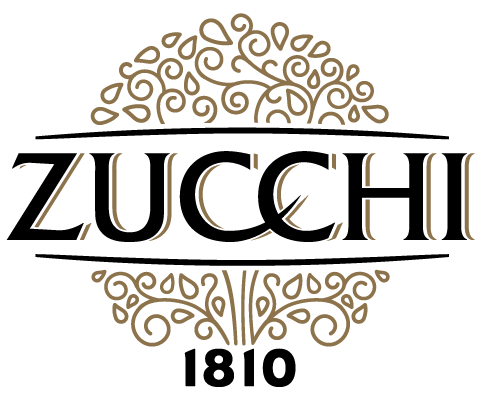Mediterranean diet: what are the benefits?
The Mediterranean diet, and its multiple benefits, are an ally for the health and wellbeing of consumers, starting with the table. Cereals, vegetables, extra virgin olive oil, fish and fruit are just some of the foods recommended by this type of diet to give the organism most of the substances that are vital for it to…
May 5, 2021


